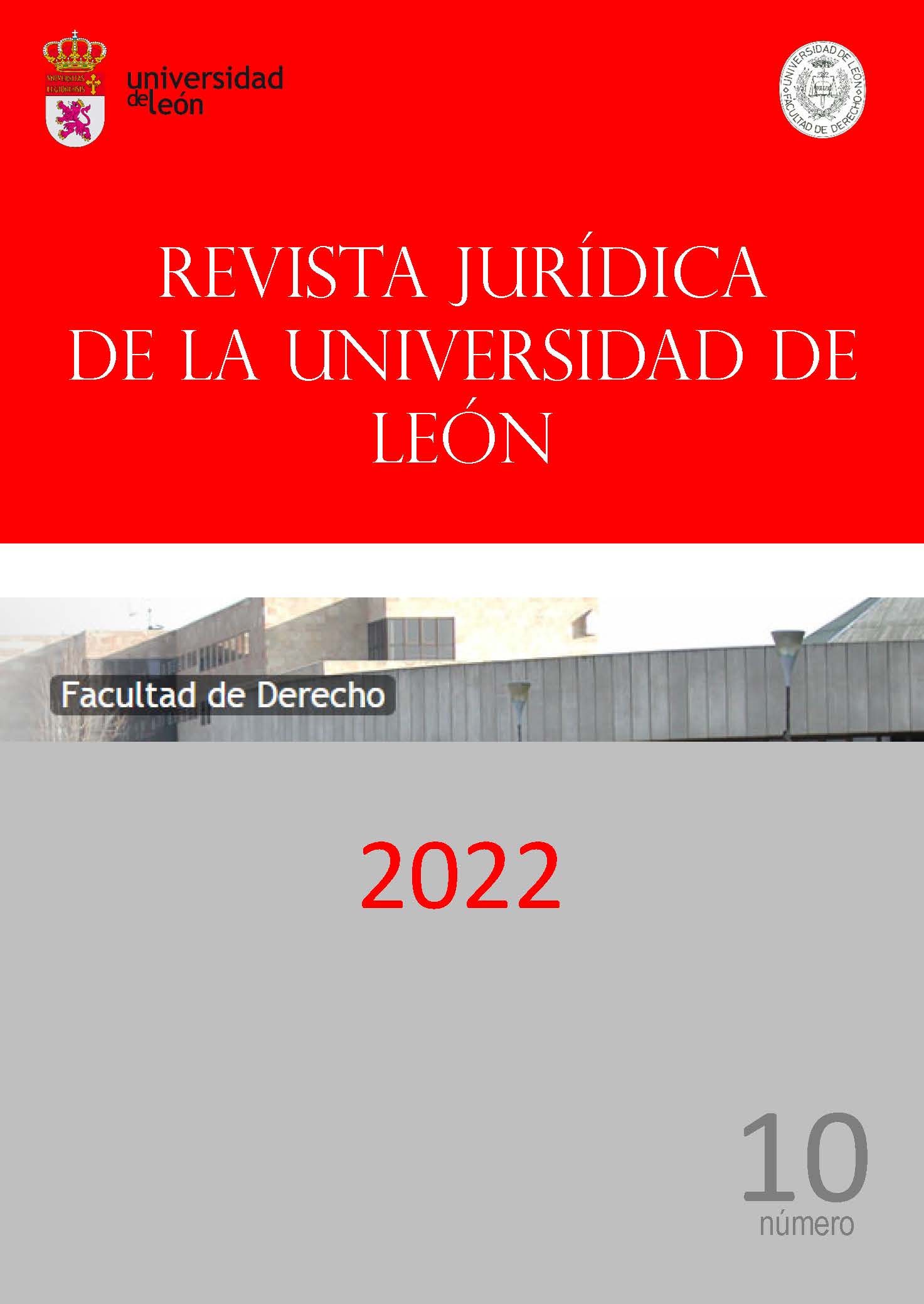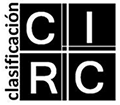Retos y amenazas de la revolución tecnológica en el ámbito de los derechos humanos
DOI:
https://doi.org/10.18002/rjule.i10.7432Palabras clave:
Sociedad digital, Derechos humanos, Protección de datos, Tecnologías digitales, Inteligencia artificial, Algoritmos, Transformación digital, Economía del dato, Ciberseguridad, Brecha digital, Discriminación, Género, Acoso sexual, Prejuicios sexistas, Contrato de trabajo, TeletrabajoResumen
Las tecnologías digitales abren nuevos escenarios para la vida en sociedad, para la economía y las relaciones interpersonales. Son muchos los retos y desafíos frente a los que nos sitúan la revolución tecnológica como sociedad. Las tecnologías abren nuevos horizontes al papel regulador del Derecho y a la labor de los profesionales del Derecho, llamados a encontrar el equilibrio entre la utilización de las tecnologías y el respeto a los derechos y libertades del individuo. Estamos ante desafíos globales, un cambio de paradigma y de época. Nuevos retos para los que hay que hallar soluciones aterrizadas en la realidad concreta y desde la perspectiva garantista de los derechos. El gran reto es proteger y garantizar el derecho fundamental a la protección de datos en un contexto público-privado de aceleración de la innovación, transformación digital, de fomento de la economía de datos y de generalización de aplicación de la inteligencia artificial, desde una visión holística de la sociedad y la economía y con una perspectiva inclusiva, ética y garante de los derechos humanos.
Descargas
Descargas
Publicado
Cómo citar
Número
Sección
Licencia
Derechos de autor 2022 María Belén Cardona Rubert

Esta obra está bajo una licencia internacional Creative Commons Atribución-NoComercial-CompartirIgual 4.0.
Los autores que publican en esta revista están de acuerdo con los siguientes términos:- Los autores ceden de forma no exclusiva los derechos de explotación (reproducción, distribución, comunicación pública, transformación) a la Universidad de León, por lo que pueden establecer, por separado, acuerdos adicionales para la distribución no exclusiva de la versión de la obra publicada en la revista (por ejemplo, alojarlo en un repositorio institucional o publicarlo en un libro), con un reconocimiento de su publicación inicial en esta revista.
- Este trabajo se encuentra bajo la Creative Commons Attribution-NonCommercial-ShareAlike 4.0 International License. Puede consultarse desde aquí la versión informativa y el texto legal de la licencia.
- Se permite y se anima a los autores a difundir electrónicamente las versiones pre-print (versión antes de ser evaluada) y/o post-print (versión evaluada y aceptada para su publicación) de sus obras antes de su publicación, ya que favorece su circulación y difusión más temprana y con ello un posible aumento en su citación y alcance entre la comunidad académica.








